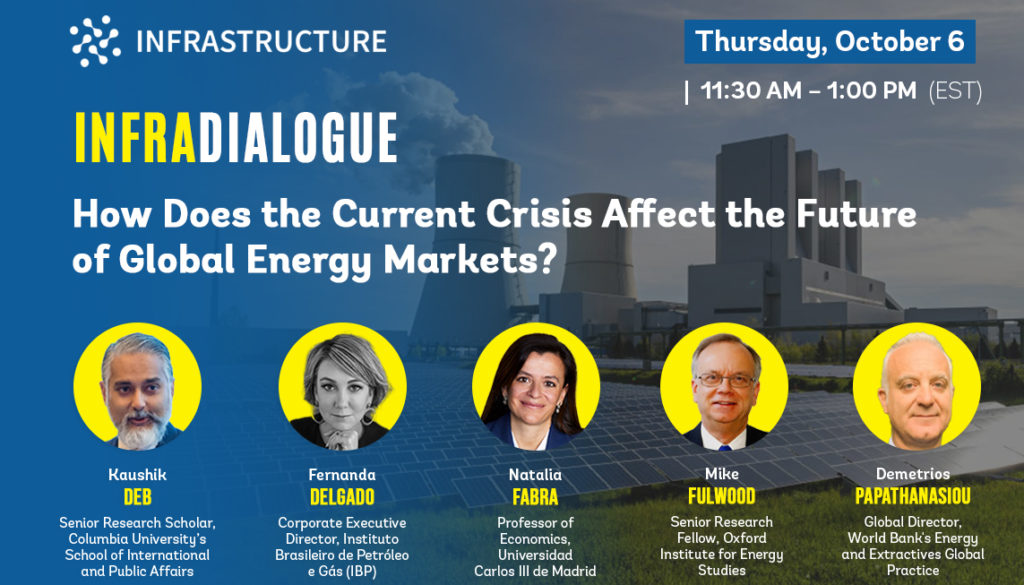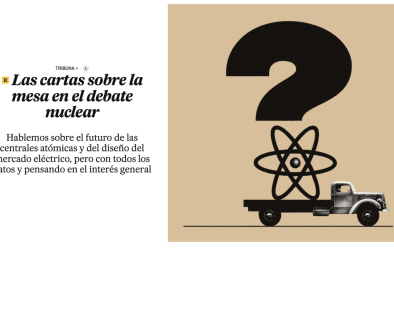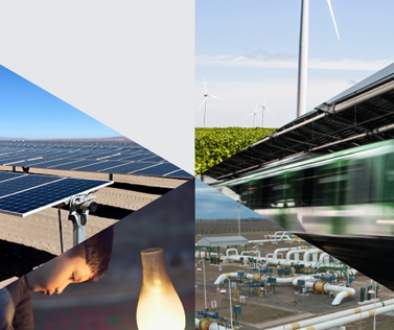Infradialogue: How Does the Current Crisis Affect the Future of Global Energy Markets?
The recent rise in energy prices worldwide has sparked a major energy crisis with far-reaching consequences as the Northern Hemisphere prepares for winter. Natural gas spot prices in Asia and Europe have reached levels not seen in the recent decade, and the problem has spread well beyond gas. Global oil prices are rising, China and India are facing record coal costs, and carbon prices in Europe have reached historic highs. As coal- and natural gas-fired generation determines peak electricity prices, power costs are also reaching new highs in many parts of the world. All of these developments call for prompt action by policymakers to mitigate immediate impacts while adapting longer-term strategies for energy sector sustainability.
This discussion will shed light on the following policy questions:
- How will the record-high oil, gas, and electricity prices in the coming winter affect the energy bills of residential consumers, the competitiveness of businesses, and the performance of energy utilities?
- How will the ramifications of high energy prices differ across different parts of the world, including middle- and low-income countries?
- How will high energy prices, especially natural gas prices, affect the global decarbonization agenda?
- How can policymakers ensure greater resilience of energy markets while addressing energy affordability concerns?
The panel discussion brings together five distinguished academics, energy industry experts, and policy practitioners to discuss the implications of the rapidly unfolding developments in the energy sector on the future of global energy markets:
- Kaushik Deb, Senior Research Scholar, Center on Global Energy Policy, Columbia University’s School of International and Public Affairs
Kaushik Deb is a Senior Research Scholar at the Center on Global Energy Policy at Columbia University’s School of International and Public Affairs, where his research focuses on policies to achieve a just and efficient energy transition in developing countries, especially the role of oil and gas markets. Prior to joining the Center, Kaushik led the Markets and Industrial Development Program at the King Abdullah Petroleum Studies and Research Center in Riyadh, managing the Center’s engagement with Saudi Arabia’s Ministry of Energy in supporting the development of short and long term strategies for oil and gas markets to achieve the Kingdom’s energy sector objectives.
- Fernanda Delgado, Corporate Executive Director, IBP – Instituto Brasileiro de Petróleo e Gás
Fernanda Delgado holds the position of Corporate Executive Director of IBP – Instituto Brasileiro de Petróleo e Gás. Professor at FGV in the Post-Graduate Program at the Army Command School, she has Doctorate degree in Energy Planning and Master´s degree in Information Technology. Fernanda has a professional career in relevant companies, both in Brazil and abroad, with four published books on Petropolitics as author.
- Natalia Fabra, Professor of Economics, Universidad Carlos III de Madrid
Natalia Fabra is Professor of Economics at Universidad Carlos III de Madrid. She is a Research Fellow at the Centre for Economic Policy Research and an Associate Member of the Toulouse School of Economics. She belongs to the Economic Advisory Group on Competition Policy (EAGCP) of the European Commission. She obtained her Ph.D. in 2001 at the European University Institute (Florence), under the supervision of Prof. Massimo Motta.
- Mike Fulwood, Senior Research Fellow, Oxford Institute for Energy Studies (OIES)
Mike Fulwood joined the OIES in October 2017. Mike has over 40 years of experience in the gas industry. Before joining the OIES, Mike worked as a consultant, with Energy Markets between 1997 and 2008 and then with NexantECA as Director, Global Gas & LNG. Before working as consultant, Mike worked for British Gas from 1979, latterly as a Director at British Gas Transco, in charge of the price control review, and prior to that President of British Gas Americas during which time he oversaw many successful acquisitions and projects including the acquisitions of Metrogas (Argentina), NGC (now Dynegy), the Bolivia – Brazil pipeline and Trinidad LNG project.
- Demetrios Papathanasiou, Global Director, Energy and Extractives Global Practice, World Bank
Demetrios Papathanasiou leads more than 100 professionals at the Global Units of the Energy and Extractives Global Practice of the World Bank. He coordinates the overall strategic direction of the Practice, advances the knowledge and learning agenda for the Bank’s energy and extractives professionals, and oversees corporate reporting, trust funds, and partnerships for the Practice. Dr. Papathanasiou has worked for more than 20 years with the World Bank Group on Energy and Infrastructure in Africa, Latin America, East Europe, and the Balkans, South Asia, East Asia, and the Pacific Islands.
Moderator: Vivien Foster, Chief Economist, Infrastructure Practice Group, World Bank




